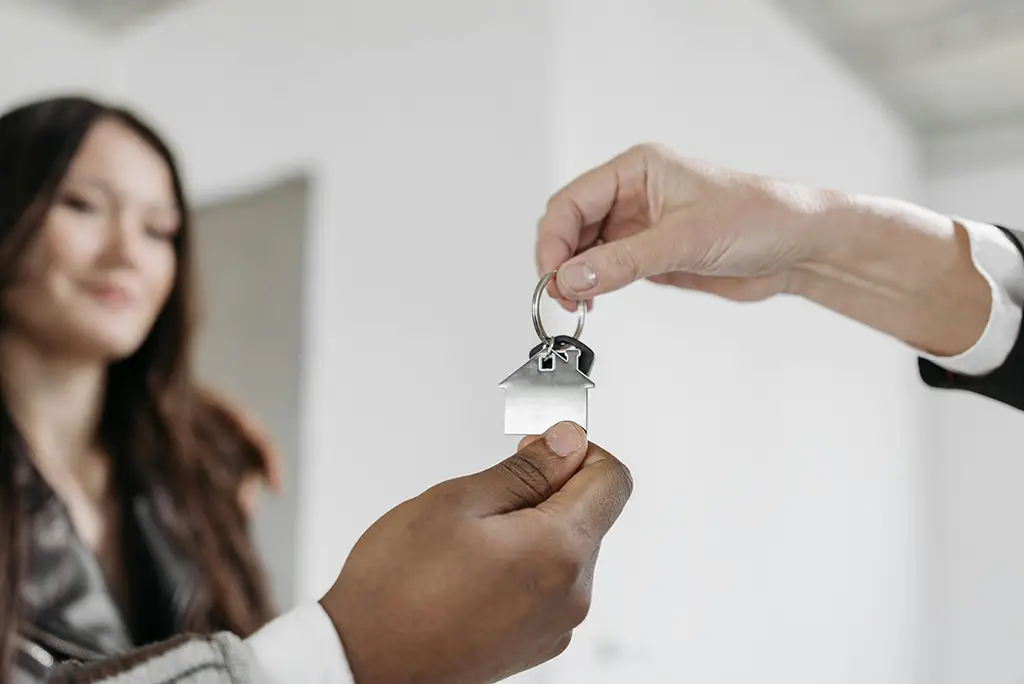Research shows that foreign property investments are popular, and certain countries have big drawcards. In fact, Europe is said to own 21% of real estate assets under management by investor managers globally.
Owning a home in another country might be the ultimate daydream. Maybe it’s the thought of sipping coffee on a balcony above the Mediterranean, or wandering cobbled streets that always seem to lead to a market. But before you trade your current postcode for a sunnier one, there are some less romantic — but essential — steps to work through first.
Make Sense of the Local Legal Rules
Property laws vary wildly from place to place. Some countries welcome overseas buyers with open arms, while others set strict limits on what non-residents can purchase. You might need government approval before making an offer, or find that you can only buy a certain size of property unless you set up a local business.
It’s best to dig into the rules early, long before you get attached to a listing. A local solicitor who regularly works with foreign buyers can be a game-changer, helping you avoid deals that aren’t legally possible and steering you clear of expensive surprises.
One rule to keep in mind: insist on having contracts and important documents in a language you understand. If anyone hesitates, take it as a sign to slow down.
Sorting Out the Money Side
If you’re not paying in full, your next step is exploring mortgage options. Some banks in your chosen country will work with overseas buyers, but others may want you to arrange an international mortgage through a lender back home.
Currency exchange is also an important part that’s easy to overlook. Seemingly small changes in rates can impact your monthly payment and the overall cost. That’s why many buyers open a multi-currency account or work with a foreign exchange specialist to lock in better rates.
Even with a healthy cash budget, there’s a case for taking a small local mortgage. It can help establish a financial footprint in your new country, which could be useful later.
Taxes and Ongoing Bills
Property taxes abroad can be more complex than you’re used to. Some regions add extra charges for non-residents, alongside local council or community fees. For instance, the Spanish government has announced a new 100% property tax in Spain for non-EU buyers.
Then there’s the maintenance. Think utilities, seasonal upkeep, and maybe paying someone to keep an eye on the place while you’re away. Renting the property when you’re not using it might sound like a great offset, but check the tax rules carefully. You don’t want to be caught paying in two countries for the same income.
Get to Know the Market
That bargain villa by the sea? There’s often a reason it’s been sitting unsold. Maybe the road floods every winter, or the nearest shop is a 40-minute drive.
Spend time learning about the local property market before you commit. Are prices trending up or down? Are there new developments planned that might change the character or the value of the area? Talk to multiple agents, and if possible, a few year-round locals who can give you the real story.
Choose the Right Agent — and See It for Yourself
Not all agents operate to the same standard, especially in markets popular with foreign buyers. Look for someone licensed, experienced, and recommended by past clients.
Whenever you can, visit the property in person before committing. Photos can hide a lot, and so can creative camera angles.
Understand the Ownership Type
Some countries offer freehold ownership, where you own both the building and the land, while others use leasehold, where the land belongs to someone else. Apartment complexes or gated communities often have shared ownership rules, along with regular fees.
Make sure you understand exactly what you own and what you’re responsible for before you sign.
More Than Just Paperwork
Beyond the legal and financial details, think about how the property will fit into daily life.
- Is it close to public transport, shops, or healthcare?
- Will the climate work for you all year round?
- Is it safe, and are there security measures in place?
- How easy is it for visitors or renters to get there?
If you won’t be living there full-time, decide who will manage the place in your absence. A trusted caretaker or property management company can save you from long-distance headaches.
Staying in the Loop While Abroad
House-hunting often means bouncing between viewings, chasing down paperwork, and fielding last-minute calls from banks or agents. Having instant access to your documents, translations, and navigation tools makes the process smoother.
Rather than swapping SIM cards or dealing with patchy hotel Wi-Fi, an eSIM can keep you connected across borders, helping you coordinate without missing a beat. It’s a small detail that can make a big difference when you’re trying to juggle details in a foreign market.
Final Word
Buying a property overseas is a mix of dream and diligence. The dream gets you started, but diligence ensures it all works out. Learn the rules, get the right advice, plan for the ongoing costs, and be honest about the practical side of living, or investing, in another country. With the right preparation, that coffee on the balcony could be more than just a holiday fantasy.

Leave a Reply